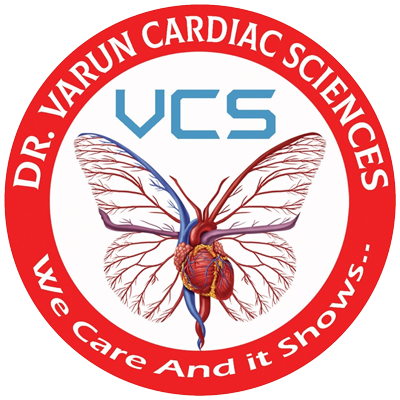Thoracic surgery, a cornerstone of cardiothoracic medicine, focuses on surgical interventions within the thoracic cavity. This specialized field deals primarily with organs and structures found in the chest, including the lungs, heart, esophagus, and other vital thoracic organs. Surgeons specializing in this discipline are highly trained professionals who perform intricate procedures to diagnose, treat, and manage a variety of conditions affecting these crucial organs.
Key Areas of Thoracic Surgery
Lung Surgery
One of the most common areas of focus in thoracic surgery is the lungs. Surgeons may perform procedures to treat lung cancer, remove tumors, repair traumatic injuries, or manage chronic conditions such as emphysema. Lung transplantation, a complex procedure often required in end-stage lung disease, is also within the purview of thoracic surgeons.
Heart Surgery
Another critical aspect of thoracic surgery involves procedures on the heart itself. From coronary artery bypass grafting (CABG) to valve repair or replacement surgeries, thoracic surgeons are skilled in addressing coronary artery disease, congenital heart defects, and other cardiac conditions that require surgical intervention.
Esophageal Surgery
The esophagus, a muscular tube that carries food from the throat to the stomach, is another focus area. Thoracic surgeons may treat conditions such as esophageal cancer, gastroesophageal reflux disease (GERD), or perform surgeries to repair congenital abnormalities of the esophagus.
What is the Role of Thoracic Surgeons?
Thoracic surgeons play a crucial role in both elective and emergency care settings. They work closely with multidisciplinary teams, including cardiologists, pulmonologists, oncologists, and critical care specialists, to provide comprehensive treatment plans tailored to each patient's needs. Their expertise extends beyond surgical procedures to include pre-operative evaluation, post-operative care, and long-term management of thoracic conditions.
What are some technological advancements in thoracic surgery?
Advancements in technology have revolutionized thoracic surgery, enabling surgeons to perform less invasive procedures with greater precision and reduced recovery times. Techniques such as video-assisted thoracoscopic surgery (VATS) and robotic-assisted surgery have become standard in many thoracic procedures, offering patients less pain, smaller incisions, and faster healing compared to traditional open surgeries.
Conditions Treated by Thoracic Surgeons
Thoracic surgeons treat a wide range of conditions, including but not limited to
- Lung Cancer
- Coronary Artery Disease
- Aortic Aneurysms
- Esophageal Cancer
- Congenital Heart Defects
- Pulmonary Embolism
- Thoracic Trauma
Each condition requires a specialized approach, and thoracic surgeons undergo extensive training to develop the skills necessary to manage complex surgical cases effectively.
In conclusion, thoracic surgery is a specialized field within cardiothoracic medicine that focuses on surgical interventions within the chest cavity. From treating lung cancer to performing complex heart surgeries, thoracic surgeons play a pivotal role in improving patient outcomes and quality of life. As technology continues to advance, the field of thoracic surgery evolves, offering patients more options for minimally invasive procedures and faster recovery times. For individuals facing thoracic conditions, consulting with a qualified thoracic surgeon is crucial to explore the most appropriate treatment options available.

